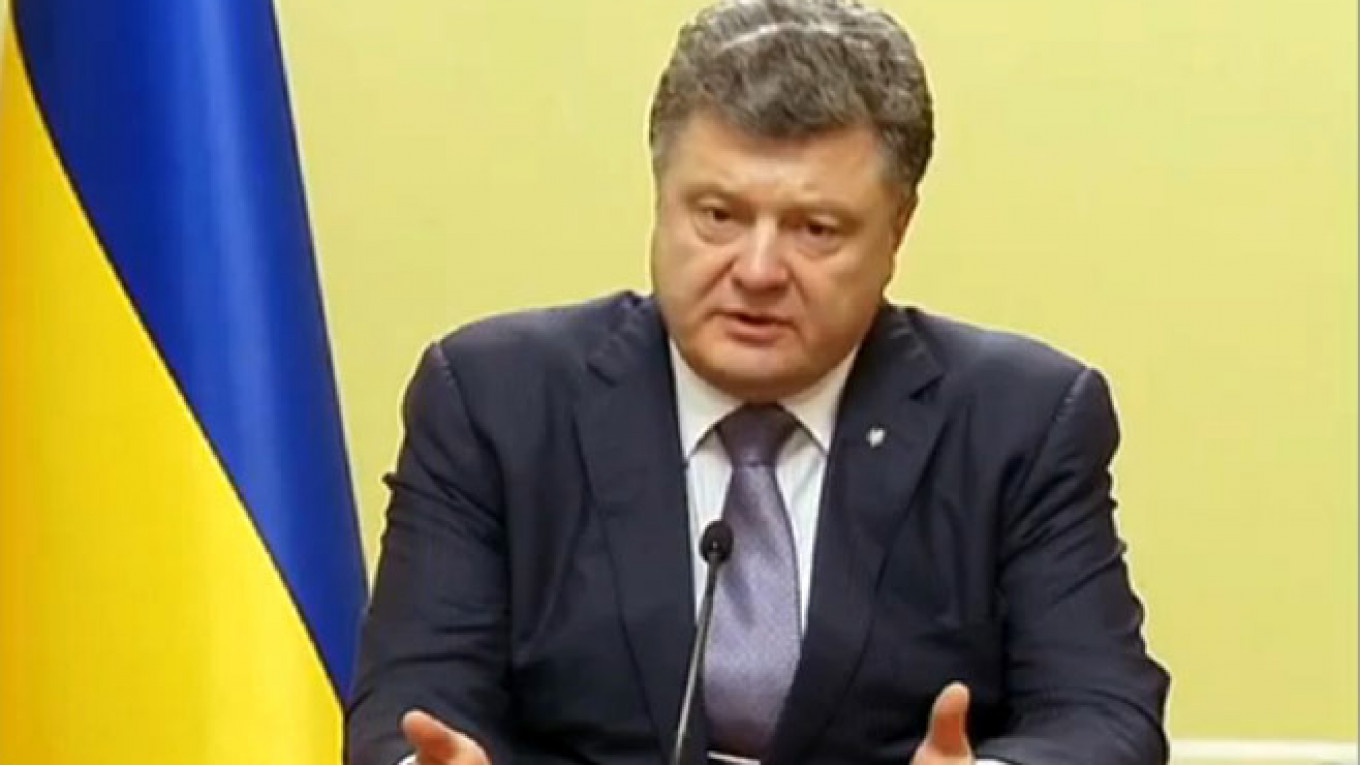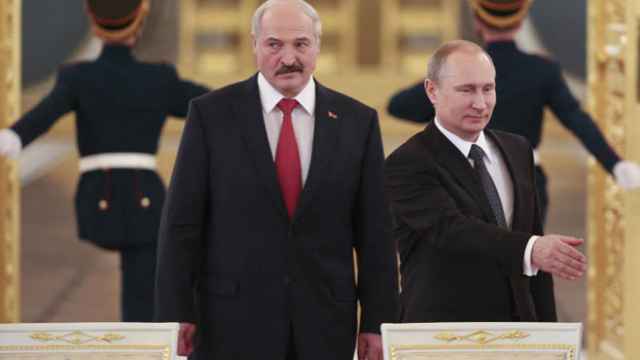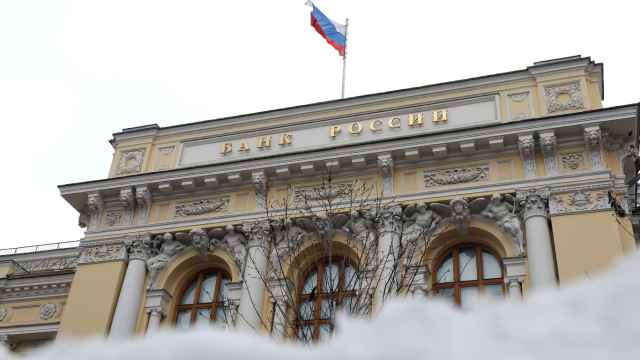In recent months, dozens of peat fires have simmered around Kiev, sometimes coating the capital with a thick smog. The day before the Oct. 25 local elections, the authorities announced that they had managed to contain the fires. Their success was eerily similar to the way election campaigns and politics actually work in Ukraine: lots of last-minute firefighting, as opposed to searching for long-term solutions.
The voting was peaceful and more or less transparent. The real hotbeds of reported violations were Dnipropetrovsk, which has a long history of clan wars, and Odessa, where a newcomer was trying to dislodge a former Yanukovych ally. Still, a calm vote does not a pristine election make. Earlier this year, the country adopted its most complex electoral law yet, which mandated a top-down structure within parties and a nonlevel playing field among them.
It failed to fully mandate open-list voting, which means that candidates for district, city, and regional councils were selected by party leadership, not voters. It also neglected to place limits on campaign financing, a move that gave a big advantage to major parties that enjoy extensive business connections.
The law is basically a short-term measure that suppresses the symptoms of the problem, rather than its causes. It allowed the government to limit the competitive power of its rivals, rather than address the sources of the electorate's rising dissatisfaction. Those challenges arise from the Poroshenko administration's continued failure to crack down on corruption or deliver on some of the most far-reaching reforms on its agenda on the one hand and from growing economic hardship on the other.
This firefighting approach was evident in the last-minute cancellation of elections in Mariupol and Krasnoarmiysk, which appeared suspiciously like a ploy to prevent a potential opposition victory in two of the largest Donbass cities that Kiev still controls. Authorities also failed to ensure voting rights for Ukraine's 1.5 million internally displaced persons and for the 526,000 citizens stuck in insecure communities near the front lines.
Since the regime by all appearances was trying to blunt the opposition, the key question to ask is did it succeed? Commenting on the results, President Petro Poroshenko noted with understandable satisfaction that there had been no major gains by the opposition. He was right, but only up to a point.
The populist former prime minister Yulia Tymoshenko failed to make inroads with the vote, largely due to a lack of resources. Yet the Svoboda party performed better than in recent years — a reminder that a fair number of disgruntled Ukrainians remain willing to vote for the radical Right to fight those in power, literally. And in a sign of both the continuing strength of oligarchs and deep disillusionment with post-Maidan leaders, former Yanukovych allies led in key races in the southeast.
Multiple commentators have been heartened bythe diversity of winning candidates and parties, even in the Donbass. Yet whether this diversity is truly a sign of progress is debatable. To some degree, it simply reflects the fact that Ukraine's most prominent oligarchs have divided the country into their respective fiefdoms. While pro-Western parties did better than expected in the southeast, this was largely because the remnants of Yanukovych's Party of Regions have been fractured, with some being absorbed into the ruling Solidarity coalition.
Others have split into competing groups — one of which the presidential administration quietly supported. And in some cases, the diversity of the winners reflects popular disenchantment. The new crop of city council deputies includes a Star Wars character named Emperor Palpatine, who won a seat in Odessa on a protest vote.
Moreover, the fact that most of the 132 parties — a record number — that fielded candidates employed strikingly similar campaign tactics argues against an overly optimistic interpretation. Most candidates relied on a well-practiced formula: a lack of transparency about their funding or their ambition combined with rhetoric that mixed patriotism, fearmongering, and paternalism.
Only 3 percent of the candidates to Kiev's City Council made public income disclosures. OSCE/ODIHR's preliminary report is telling: "Voters had a wide array of parties and candidates to choose from," yet funding from "wealthy donors and associated business interests dominated mayoral and regional council races," and "only three registered parties were granted meaningful editorial coverage."
The 46 percent turnout was not disastrously low — in fact, it was only 2 percent shy of the turnout for the last local elections. Yet the vote showed that Ukrainians are fed up with the country's ruling classes. Young people who had high hopes for reform after Maidan were noticeably absent from the polls. This is largely because the overwhelming advantages enjoyed by oligarchs and other vested interests made it difficult for parties representing the middle class — essentially, those embodying the values of Maidan — to compete effectively.
A potential reshuffle of the government may now be largely cosmetic. While Prime Minister Arseniy Yatsenyuk's position is weak, due in part to his extremely low approval ratings, the opposition simply did not win big enough to exert meaningful pressure on the ruling coalition. But the elections also showed the ruling class that a snap parliamentary vote could bring unpredictable results.
Since Maidan, the West has been willing to overlook numerous glitches in Ukraine's reform process, portraying them simply as wrinkles that the country's new democratic momentum is supposed to iron out in due course. The acute threat posed by Moscow made it all the easier to argue that (any) criticism of Kiev was unfair or misplaced. Yet the threat of Russian aggression has receded in recent months, revealing the partial weakness of the authorities' pro-reform credentials. No less than U.S. Ambassador Geoffrey Pyatt remarked before the elections: "No reform — no money."
Going forward, the West needs to be as honest as possible with the Ukrainian elite and push for real reforms with particular focus on anticorruption and decentralization. Effective reform advocacy will require not only lobbying the government and keeping tabs on its progress but also engaging with regular citizens. Recent polls suggest most Ukrainians have no idea what the decentralization package, a key requirement of the Minsk agreements that parliament plans to vote on soon, contains. Yet they have highly emotional opinions about it.
Rather than address this issue head-on, the Poroshenko administration seems to be opting for potentially shortsighted solutions. The first parliamentary reading of the decentralization package is a case in point: the presidential team tried to cobble together enough votes to pass the measure by hinting that it would not be fulfilled anyway. Yet this approach did not make the opposition more amenable to supporting the package. Indeed, some are now calling for the Minsk agreements to be scrapped entirely in order to contain the "virus of separatism."
So while local elections proceeded peacefully, the fires are still burning around Kiev.
Balázs Jarábik is a visiting scholar at the Carnegie Endowment. This is an abridged version of a comment that originally appeared on Carnegie Moscow's Eurasia Outlook blog.
See also on Eurasia Outlook:
Warriors vs Merchants: Russia's Foreign Policy Rivals
The Silence of the CIS: Russia's Neighbors and the Syria Crisis
A Message from The Moscow Times:
Dear readers,
We are facing unprecedented challenges. Russia's Prosecutor General's Office has designated The Moscow Times as an "undesirable" organization, criminalizing our work and putting our staff at risk of prosecution. This follows our earlier unjust labeling as a "foreign agent."
These actions are direct attempts to silence independent journalism in Russia. The authorities claim our work "discredits the decisions of the Russian leadership." We see things differently: we strive to provide accurate, unbiased reporting on Russia.
We, the journalists of The Moscow Times, refuse to be silenced. But to continue our work, we need your help.
Your support, no matter how small, makes a world of difference. If you can, please support us monthly starting from just $2. It's quick to set up, and every contribution makes a significant impact.
By supporting The Moscow Times, you're defending open, independent journalism in the face of repression. Thank you for standing with us.
Remind me later.






